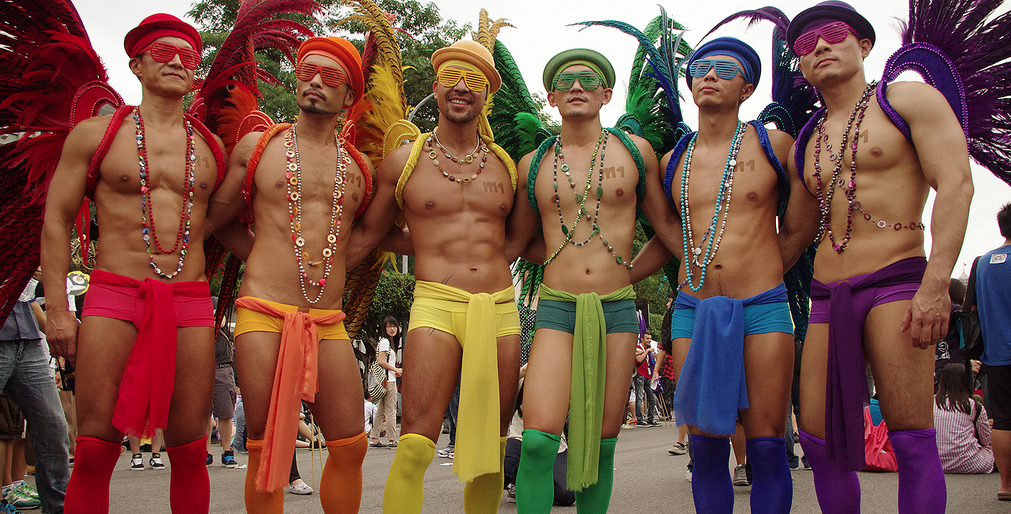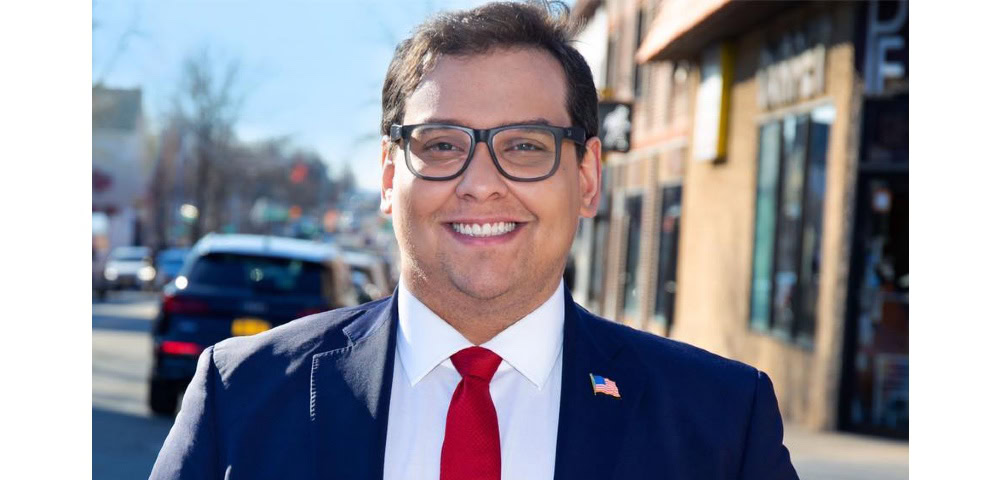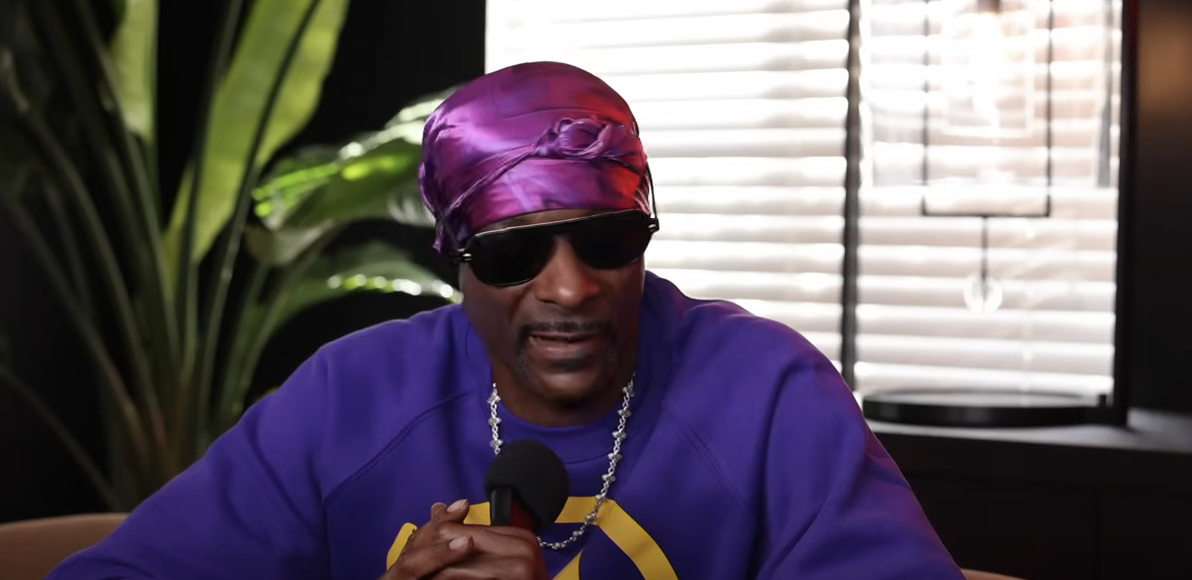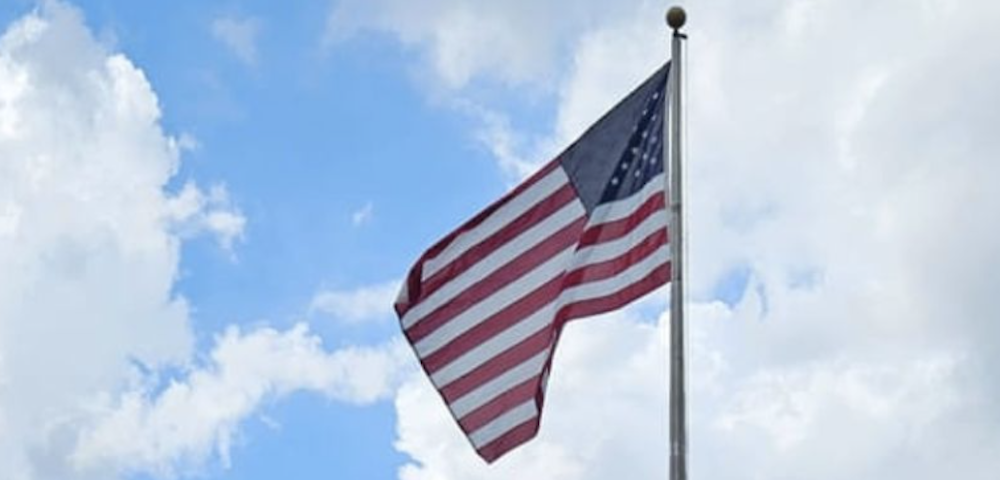
LGBTI Rights in Taiwan: Towards a Tipping Point

ALREADY a regional pioneer in LGBTI rights for over a decade, Taiwan is currently approaching a tipping point which could see it becoming the first Asian jurisdiction to implement marriage equality.
Taiwan was one of first in Asia-Pacific to begin a legal and political conversation on marriage equality. Legislation recognising same-sex marriage and adoption was proposed as early as 2003, with similar bills introduced in 2006 and 2013. Several court proceedings have also commenced on this issue, even though the Taiwanese High Administrative Court held in March 2014 that, under current laws, marriage could only take place between a man and a woman.
Nevertheless, 2016 has seen renewed momentum towards marriage equality.
In January, Taiwan elected a new president, Tsai Ing-wen, an academic who has repeatedly expressed her support for same-sex marriage. After the elections, the legislature is now controlled by the Democratic Progressive Party, which has traditionally been supportive of LGBTI rights, including marriage equality. Moreover, marriage equality appears to have broad popular support: several polls conducted since 2013 have found that a majority of Taiwanese are in favour of reforming marriage laws to include same-sex couples, with an online survey conducted by the Ministry of Justice in 2015 placing support for marriage equality as high as 71 per cent.
Beyond marriage equality, Taiwan has distinguished itself from its neighbours in relation to a variety of LGBTI rights issues. Taipei hosts the largest LGBTI pride parade in the region, attracting nearly 80,000 participants in 2015, including a range of politicians from across the political spectrum. Discrimination on the basis of sexual orientation, gender identity and gender expression has been prohibited in education since 2003, while employment discrimination on the basis of sexual orientation has been prohibited since 2007.
Taiwan’s anti-discrimination laws remain incomplete: intersex people are not mentioned at all, there are no explicit protections for trans people in employment, and LGBTI people as a whole remain unprotected in access to health care, housing and other goods and services. Nevertheless, Taiwan remains one of the very few jurisdictions in the Asia-Pacific region to offer any sort of nationwide anti-discrimination protections for LGBTI people.
Taiwan is also a regional pioneer in relation to the recognition of same-sex couples. The Domestic Violence Protection Act was amended in 2007 to include same-sex couples. Since May 2015, local governments have also taken the lead in allowing same-sex couples to record their relationships on household registration systems. Five Taiwanese municipalities — Kaohsiung, New Taipei, Taichung, Tainan and Taipei — which together make up approximately 60 per cent of Taiwan’s population, currently recognise same-sex couples in this manner. These municipal registration schemes confer very few substantive rights and remain largely symbolic. However, as has been the case in other parts of the world, recognition by local governments is often an important first step in acclimatising lawmakers to the concept of legal recognition for same-sex couples.
One area where Taiwan continues to face significant shortcomings is legal gender recognition for trans and gender-diverse people. Changing one’s gender marker on national identity documents still requires a psychiatric diagnosis and genital surgery. This goes against international best practice, which suggests that legal gender recognition should be a matter of self-determination. Moreover, no third gender option is provided for non-binary persons, while Taiwanese doctors can still legally perform non-consensual “normalising” surgeries on intersex children — a violation of their right to bodily integrity.
In December 2014, the Taiwanese Ministry of the Interior announced it would amend its regulations to allow legal gender markers to be changed without any surgery requirement. However, this reform does not appear to have been implemented yet. Like marriage equality, this is another area where progress may be made under the newly-elected President Tsai Ing-wen and a progressive parliamentary majority.
With its (albeit partial) anti-discrimination and relationship recognition laws, Taiwan has so far been an LGBTI rights leader among its regional peers. Its vibrant activist communities and a supportive leadership may allow Taiwan to soon reach a tipping point in its journey towards marriage equality, legal gender recognition for trans people and comprehensive anti-discrimination protections for LGBTI people in all areas of public life.
Raymond Roca is a Sydney-based lawyer and a director of Kaleidoscope Australia Human Rights Foundation, a non-profit organisation that seeks to promote and protect the rights of LGBTI people in the Asia-Pacific region.
Details: kaleidoscopeaustralia.com or follow on Twitter: @KaleidoscopeHRF
__________________________________
RELATED: MICRONESIA: A DIVERSE REGION WITH DIVERSE LGBTI LAWS
RELATED: GLIMMERS OF HOPE AMONG SRI LANKA’S POOR HUMAN RIGHTS RECORD
RELATED: NEPAL: SOUTH ASIA’S LGBTI RIGHTS PIONEER
RELATED: LGBTI CAMBODIA: A VIBRANT COMMUNITY WITH UNRECOGNISED RIGHTS
RELATED: TENTATIVE HOPE FOR LGBTI PEOPLE IN VIETNAM
RELATED: A NEW DAWN FOR LGBTI PEOPLE IN JAPAN
__________________________________
**This article was first published in the March edition of the Star Observer, which is available now. Click here to find out where you can grab a copy in Melbourne, Sydney, Brisbane, Adelaide, Canberra and select regional/coastal areas.
Read the March edition of the Star Observer in digital format:
__________________________________










Taiwan will not have marriage equality, no Asian nation has marriage equality. Where is the proof that Taiwan will have marriage equality soon? It is the same in Australia – all talk, but very little action!
That’ll fuck Barnie right up if they get marriage equality before Australia. What tha fuck will happen to the beefcake industry then. I’ll tell you what’ll happen! There’ll be more of it in Taiwan getting hitched!